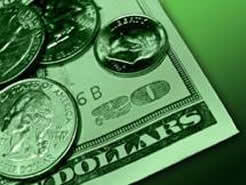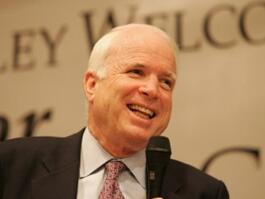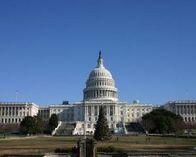Heightened Optimism in Finances Increases IT Worker Confidence
After two consecutive months of decline, confidence among IT professionals jumped in July, as the group’s Hudson Employment Index (SM) rose 8.4 points to 112.7. Increased financial sentiments coupled with decreased worry over job loss drove the rise. The latest reading is virtually the same as this time last year when the Index for IT workers was 112.5. The composite Index, based on responses from approximately 9,000 workers across all sectors, rebounded in July, raising 4.6 points to 105.8.







